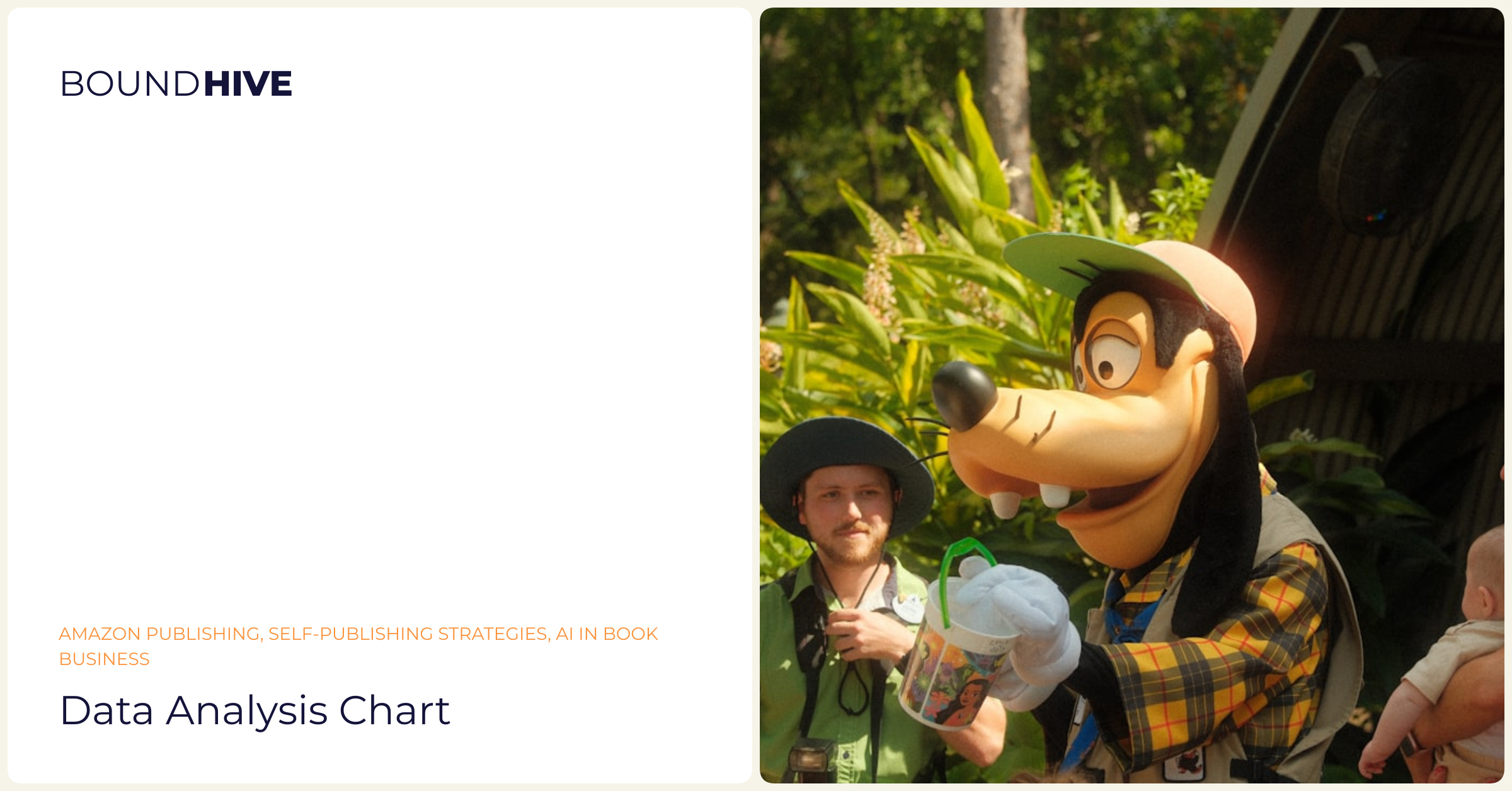Introduction
In the rapidly evolving landscape of independent publishing, understanding how to generate effective metadata is crucial for standing out in a crowded marketplace. Metadata encompasses all the information that helps your book get found-categories, keywords, descriptions, and more. With advances in artificial intelligence (AI), authors now have access to powerful tools that simplify and optimize this vital aspect of publishing. But how exactly can these technologies be harnessed to improve your book’s performance on Amazon?
Recent industry data indicates that over 70% of successful self-published books owe much of their success to strategic metadata optimization. As Amazon continues to refine its algorithms, understanding and applying best practices for metadata generation can significantly impact your royalties and overall reach.
The Role of AI in Metadata Generation
Artificial intelligence has transformed many aspects of self-publishing, including metadata creation. Tools such as ai kdp studio and kdp manuscript formatting assist authors by automatically generating relevant keywords, categorization options, and compelling descriptions. These AI-powered solutions not only save time but also improve accuracy by analyzing market trends and reader preferences.
For example, the book metadata generator can suggest optimal kdp keywords research terms that enhance search visibility. Additionally, kdp categories finder tools help identify niche markets with less competition, increasing the likelihood of discoverability.

Optimizing Book Listings with Metadata
The importance of well-crafted metadata extends beyond keywords. Effective kdp listing optimization involves creating engaging descriptions that resonate with potential readers while incorporating relevant SEO strategies. Using ai writing tool, authors can develop compelling copy that balances keyword integration with natural language.
A comprehensive approach includes optimizing kdp SEO, which encompasses keyword placement, strategic use of categories, and high-quality cover images. For instance, an ai book cover maker can produce eye-catching covers aligned with genre standards, further boosting click-through rates.

The Power of Data-Driven Category & Keyword Research
An essential component of metadata strategy involves thorough kdp keywords research. Modern tools like the niche research tool provide insights into trending topics with lower competition, enabling authors to target profitable segments effectively.
The kdp categories finder assists in selecting appropriate genres that align with your book’s content while maximizing exposure. Combining these tools with KDP SEO best practices ensures your book appears prominently when readers search for related topics.
Advanced Strategies for Metadata Optimization
Beyond basic keyword stuffing, successful metadata generation requires a nuanced approach. Incorporating a+ content design allows authors to craft rich product pages that include detailed images, comparison charts, and engaging narratives-elements that influence buyer decisions.
The kdp listing optimizer leverages AI to refine titles, subtitles, and descriptions continually based on performance metrics. Additionally, implementing structured data such as schema markup (via schema product saas) enhances search engine understanding of your listings.
The Impact of Metadata on Royalties & Visibility
A well-optimized metadata profile directly correlates with increased visibility and higher royalties. Accurate book metadata generator-driven listings attract more clicks and conversions, ultimately boosting earnings from Amazon’s global distribution channels.
James Thornton, Amazon KDP Consultant: "Authors who invest time in strategic metadata generation see measurable improvements in search rankings and sales figures. AI tools streamline this process while providing insights that were previously unavailable."
The Future of Metadata in Self-Publishing
The integration of AI with traditional publishing workflows heralds a new era where authors can continuously optimize their listings in real-time. As Amazon expands its harnessing ai in amazon kdp publishing a new era for self publishers, staying ahead in metadata strategies will be essential for success.

Conclusion
Navigating the complexities of metadata generation is no longer a daunting task thanks to advancements in AI technology. By leveraging dedicated tools such as kdp manuscript formatting, KDP categories finder, and KDP SEO strategies, authors can significantly elevate their visibility and sales potential. Embracing these innovations ensures your book not only reaches its target audience but also maximizes revenue streams through optimized listings.